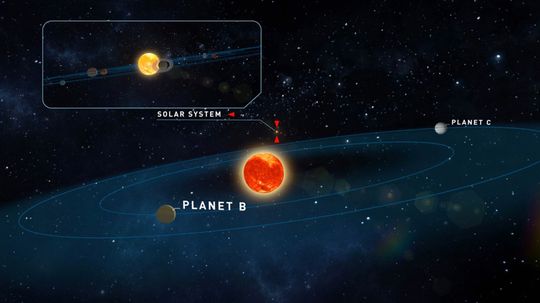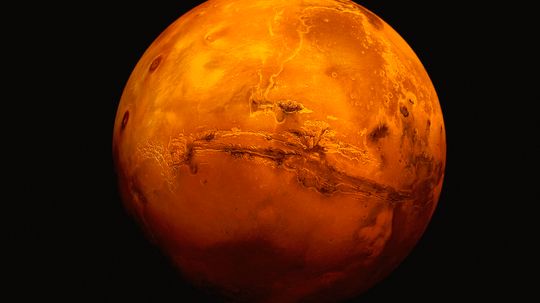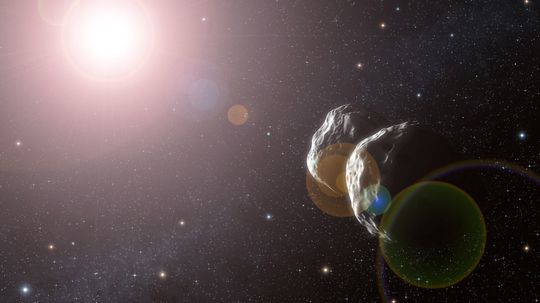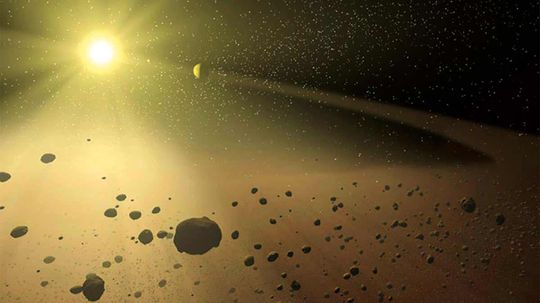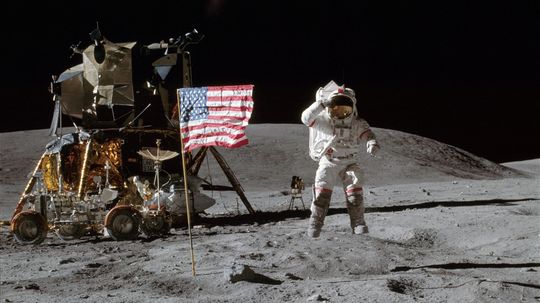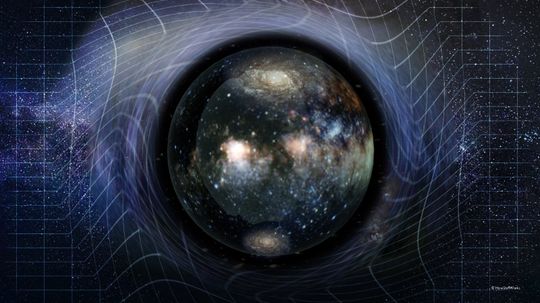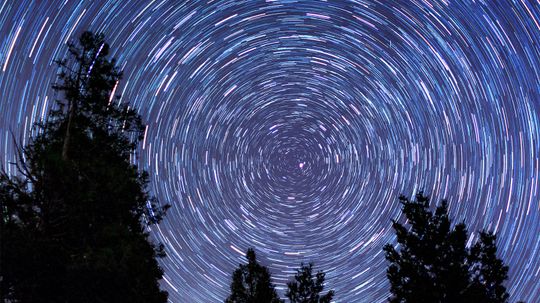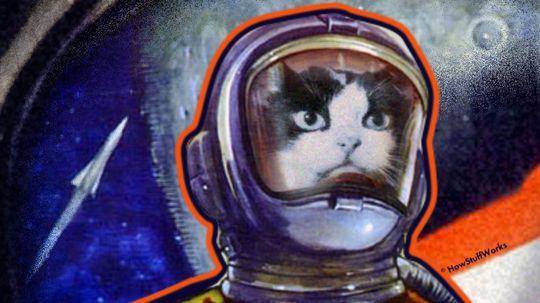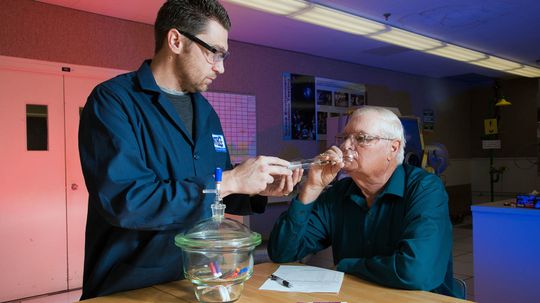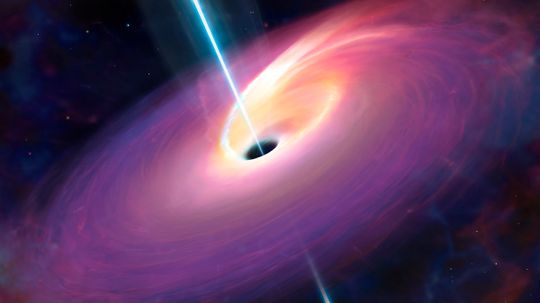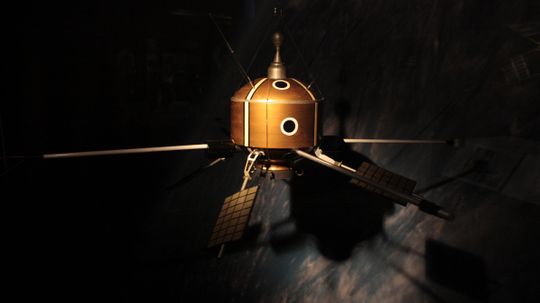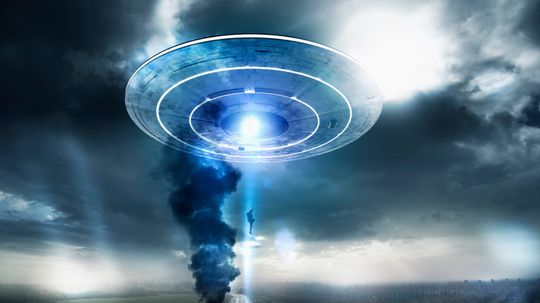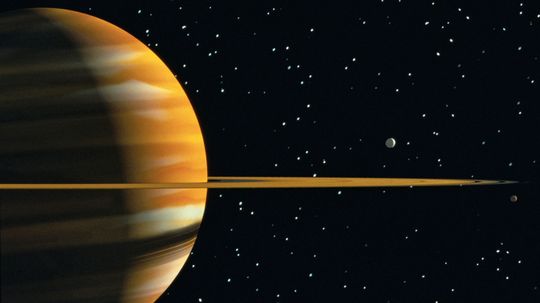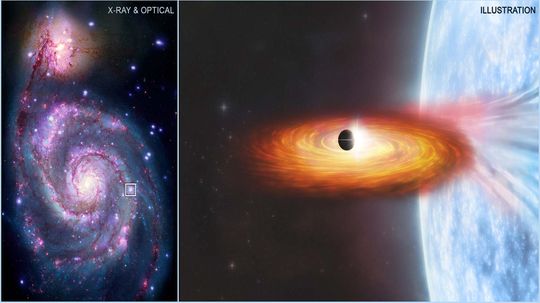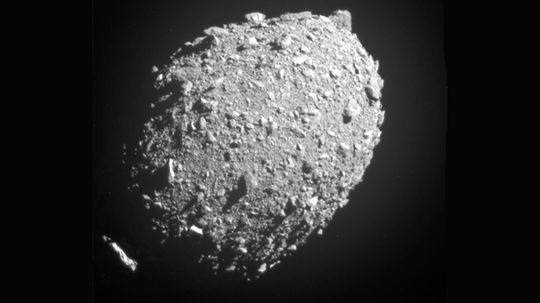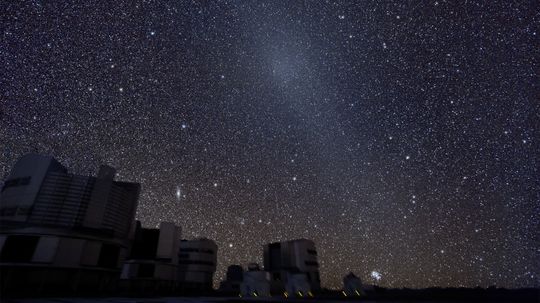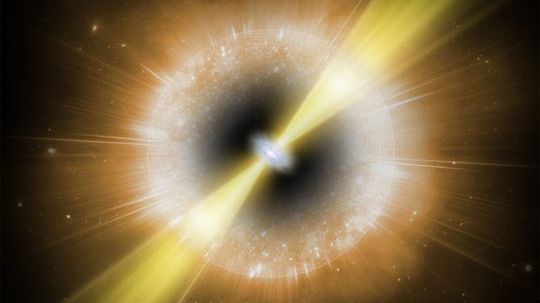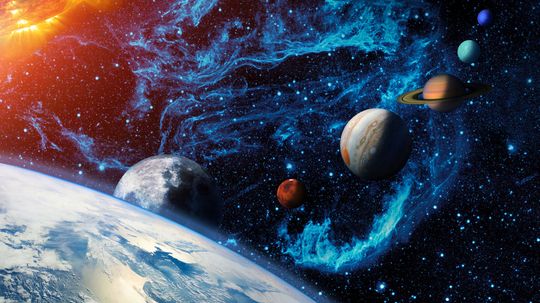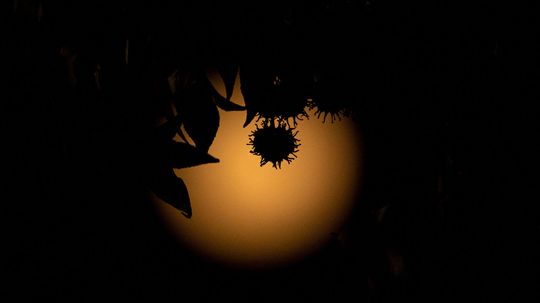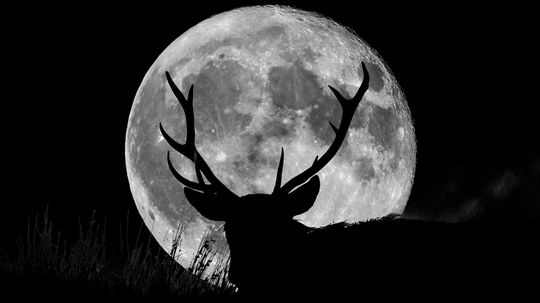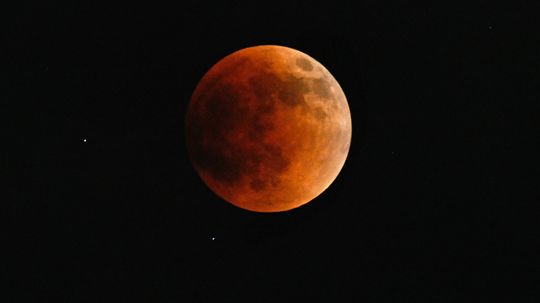Space
Explore the vast reaches of space and mankind's continuing efforts to conquer the stars, including theories such as the Big Bang, the International Space Station, plus what the future holds for space travel and exploration.
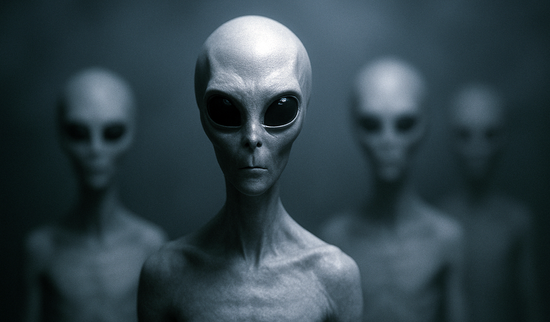
Tall Whites: The Classic Extraterrestrial Archetype
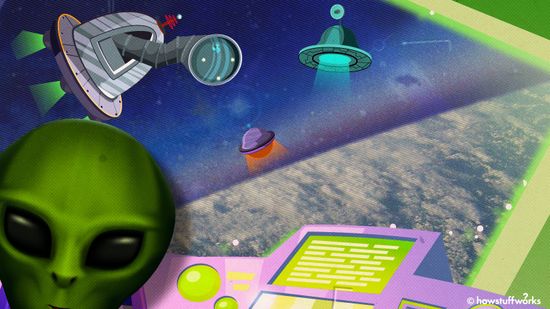
The Zoo Hypothesis: Are Aliens Watching Us Like Animals in a Zoo?
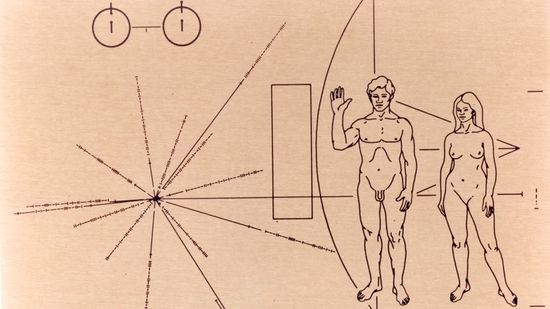
Communicating With Aliens Is Hard. Communicating With Alien AI Could Be Harder
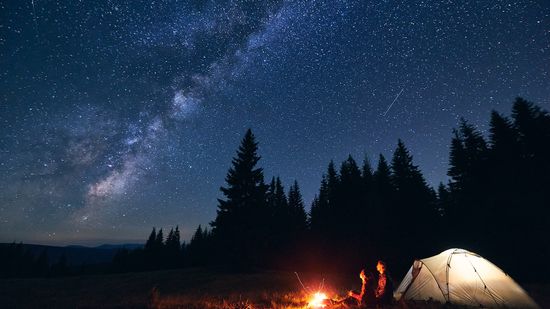
10 Types of Stars Blazing and Collapsing in Our Universe
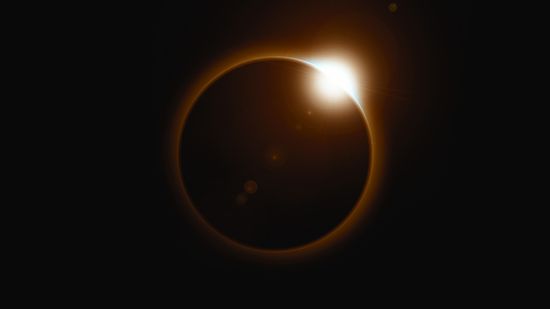
7 Types of Eclipses: Lunar, Solar and ... Hybrid?
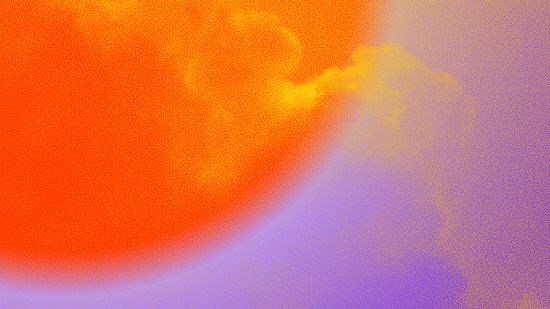
Why a Geomagnetic Storm Makes for Pretty Skies and Tech Scares
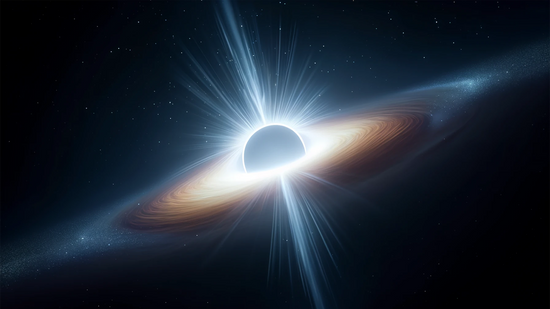
What Is a White Hole? Does the Cosmic Phenomenon Exist?
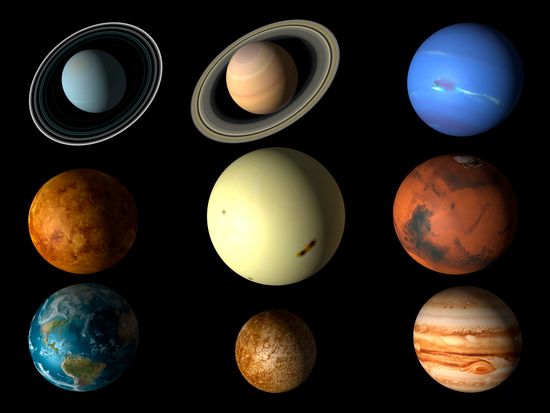
10 Best Ideas for Interplanetary Communication
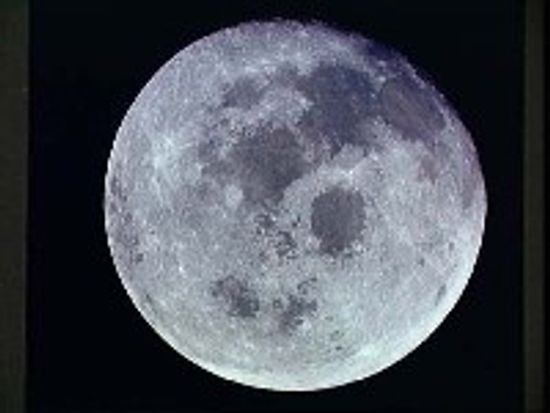
How can the moon generate electricity?
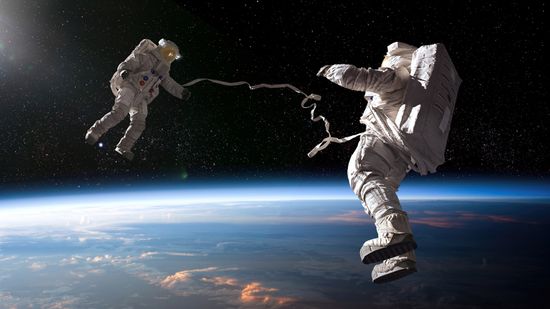
Is an Astronaut Stuck in Space a Rare Occurrence?

What Really Happened to Yuri Gagarin, the First Man in Space?
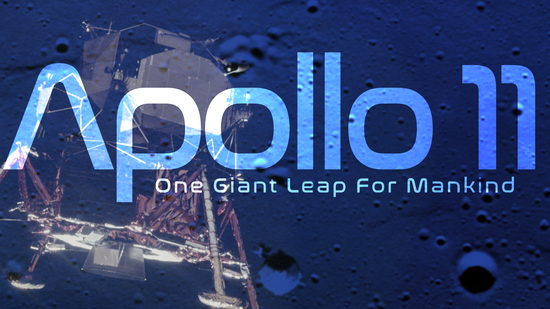
Apollo 11 One Giant Leap For Mankind
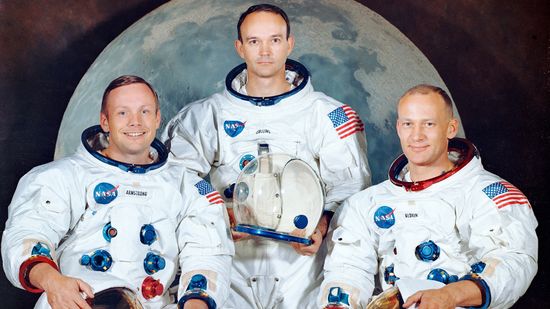
15 Famous Astronauts Who Expanded Our Universe
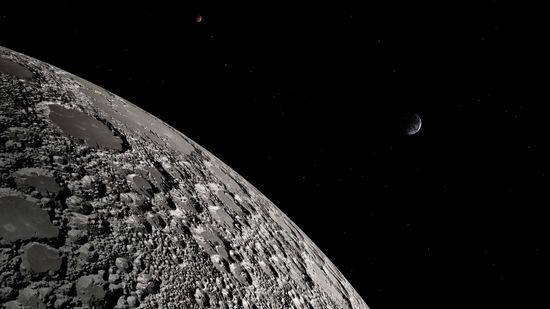
2023 India Moon Landing Was World's First at Lunar South Pole
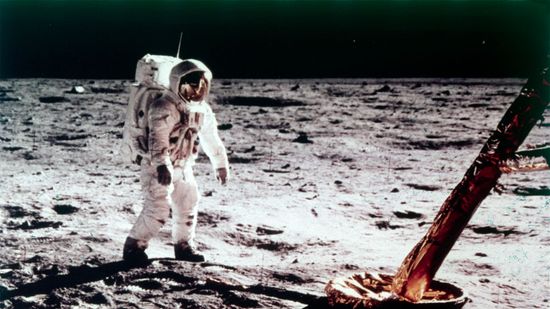
Quiz: Apollo 11, the First Moon Landing
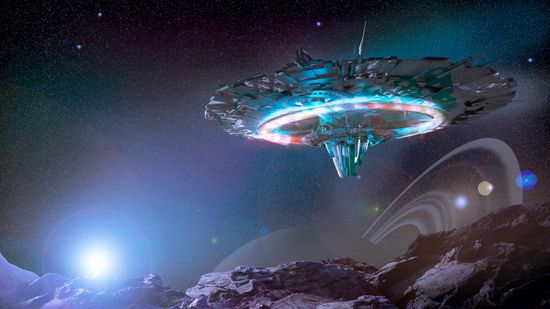
The Fastest Fictional Spaceships
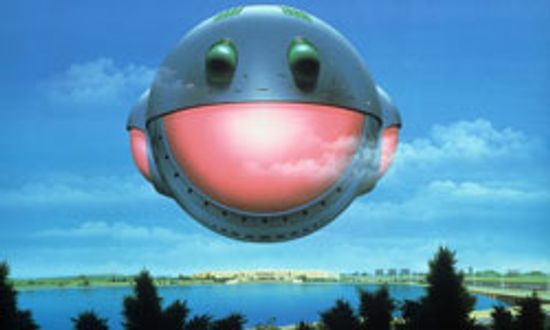
10 Fictional Spacecraft We Wish Were Real
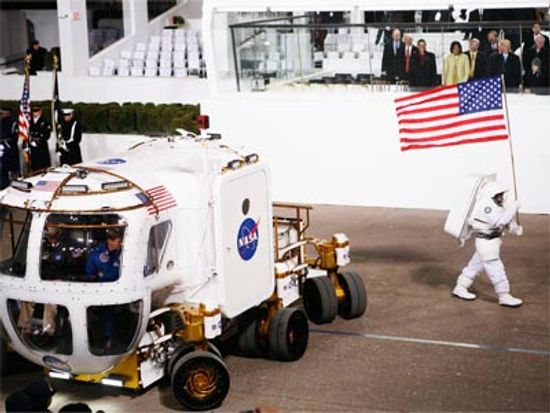
How Lunar Rovers Work
Learn More / Page 14
Everyone's heard of the blue moon and the harvest moon, but every other full moon of the year has a name, too. What are their names, and when do these moons occur?
And one of the exoplanets in the Teegarden star system could have a temperature range between 32 and 122 degrees Fahrenheit.
Advertisement
Researchers at the Zwicky Transient Facility have found an asteroid in Earth's orbit. And this one has the shortest year yet.
Did you know that a moon can leave its orbit around a large planet and go out on its own?
While alcohol consumption is not completely alien to the space program, not much is known about its effects on the body outside our atmosphere.
You know Apollo 11. But what did the other Apollo missions accomplish after Neil Armstrong made his giant leap for mankind?
By Mark Mancini
Advertisement
As the search for Planet Nine wears on, and astronomers have yet to get so much as a glimpse of it, researchers are pondering what else the object might be.
Polaris, also known as the North Star, is almost exactly over the celestial North Pole, making it extremely useful for navigation (and for making wishes on, as well).
In the early days of the space race, several animals went into orbit, including dogs, chimps and one intrepid cat. Who was this forgotten feline from the French space program?
Nobody's nose knows better than NASA's George Aldrich. He's the longest-serving member of the space agency's odor panel, which basically sniffs and smells everything that goes up into space.
By John Donovan
Advertisement
When you think about massive, mysterious cosmic bodies like accretion disks, the water swirling around your bathtub probably isn't the first thing to come to mind. But hey, physics works the same magic on all scales.
The history of space exploration is full of firsts: first animal in space, first human on the moon, first probe to reach mars. But as they say, you've got to look before you leap. So what was the first telescope launched into space?
We like to think that we aren't alone in saying a spaceship was the one and only thing we truly yearned for as children. After all, many spent years locked in front of a television, captivated by remarkable space battles, galaxies far, far away, aliens, black holes, and the like. We've seen things you couldn't [...] The post The Coolest Spaceships in Science Fiction appeared first on Goliath.
By Jim Halden
Precipitation does fall from the clouds of other planets, but it's a little more exotic than the rainwater we get here on Earth. Imagine sheets of methane, sulfuric acid and, yes, diamonds falling from the sky.
Advertisement
Using the Chandra X-ray Observatory, a team of scientists discovered what could very well be the first exoplanet outside the Milky Way. It's massive and might even orbit a black hole.
NASA's DART spacecraft hit its mark Monday, Sept. 26 after years of planning. The bullseye was asteroid Dimorphos. Here's what NASA hopes to learn now.
The gegenschein, "faint light" in German, occurs under very specific astronomical conditions when the sun reaches the exact opposite of Earth from wherever you're stargazing.
Astronomers at HaleakalÄ Observatory in Hawaii noted a bright X-ray emission in 2018, which persisted for three weeks and glowed ten times more brightly than previously studied supernovas, but are just now beginning to understand it.
Advertisement
Not sure what you're seeing in the night sky? Astronomy software such as Stellarium makes stargazing easier by helping to explain what you're seeing when you look at the stars.
Surprisingly, the solar system isn't odorless - it has a distinct scent that some astronauts like and others think is stinky. So, what does it smell like and why?
Do you love looking at beautiful pictures of the night sky? How do space photographers get those shots? And could you join their ranks?
And this month's buck moon is extra-special because it is a supermoon!
Advertisement
Blood moons always bring out the stargazers though they aren't that rare. So what makes blood moons red? And do they differ from lunar eclipses?
When December's moongazing rolls around, you'll want to take a look at the cold moon, an appropriate moniker if there ever was one.

